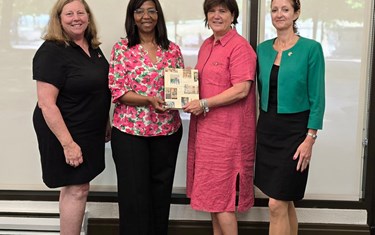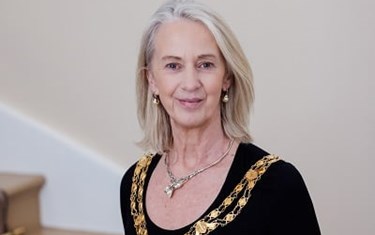Katie Fowler is a member of the East of England Regional Activities Committee and Vice-Chair of the National Young Planner Committee.
On the 21st May, the first Suffolk Design Festival was held in Ipswich. The festival brought together planners, designers, landscape architects and other bodies to explore the real issues behind place quality. Suffolk Design Festival was organised by East Suffolk Council, West Suffolk Council, Babergh and Mid Suffolk Councils, Ipswich Borough Council and Suffolk County Council, with support from University of Suffolk, Urban Design Group, Green Blue Urban, RIBA East, the Landscape Institute and the RTPI East of England.
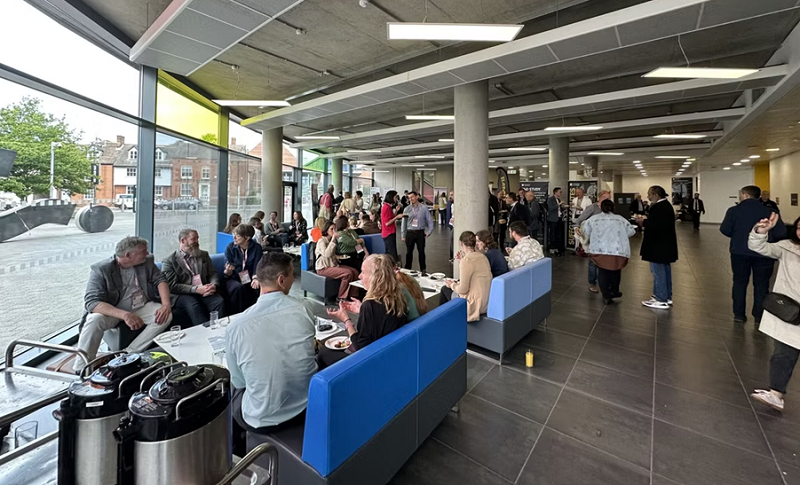
Delegates arrive at the design festival
The festival was opened by Chris King, Design and Specialist Services Manager at East Suffolk Council and organiser of the Suffolk Design Festival, with the colloquial “alright, buh” and set a tone of openness and authenticity. Attendees engaged in candid discussions about the challenges and opportunities in creating and shaping places that truly serve communities.
The festival featured a diverse lineup of speakers who addressed the multifaceted nature of design quality. Anna Rose, Planning Advisory Service and Public Practice, emphasised that design quality requires tools, trust and expertise in the right areas, advocating for planning reform that enhances design literacy. Ben Woolnough, from East Suffolk Council, highlighted the importance of relatable design, stressing the need for consistent tools and clear expectations in planning. Hana Loftus, from HAT Projects, discussed the complexities of balancing viability and risk in private sector projects, underscoring the value of real collaboration. Professor Matthew Carmona argued that poor design is systemic but so is good design when intentional choices are made, advocating for early collaboration and community involvement.
In the afternoon, five workshops took place. Kevin Barton, Robert Bray Associates led a session on Sustainable Drainage, challenging attendees to rethink how water can shape and define public spaces. Howard Gray from Green Blue Urban, led on a Urban Green Infrastructure workshop which introduced a tree-first mindset, exploring the process from planning to planting. In the Healthy Streets session, Create Streets posed vital questions about designing for walkability, safety, and vibrant social life. Paulette McAllister from Joseph Hardy delved into Local Identity and Heritage, encouraging participants to reconnect with their nine senses and explore how this connection enhances our sense of place. Meanwhile, Julie Futcher and Alison Pooley from Suffolk Sustainability Institute, guided a Sustainability and Climate Walking Tour, engaging delegates in a live critique of the built environment around Ipswich.

The afternoon workshops proved popular with delegates
I was lucky enough to take part in Paulette’s workshop on local identity and heritage. Paulette took attendees through a series of exercises in which we used our senses to connect to memories and feelings of a place. She then encouraged us to draw simple plans and sections with our eyes closed to translate those onto paper. We wrote down all the words that came to mind and then annotated those drawings to show where they applied. Paulette’s workshop demonstrated that every place has distinctive features and when we use our nine sense, we can draw upon these to help create a clear identity of a place. Paulette encouraged all attendees to take this back to our work places and consider how we can use these techniques in practice to shape place quality in new developments.
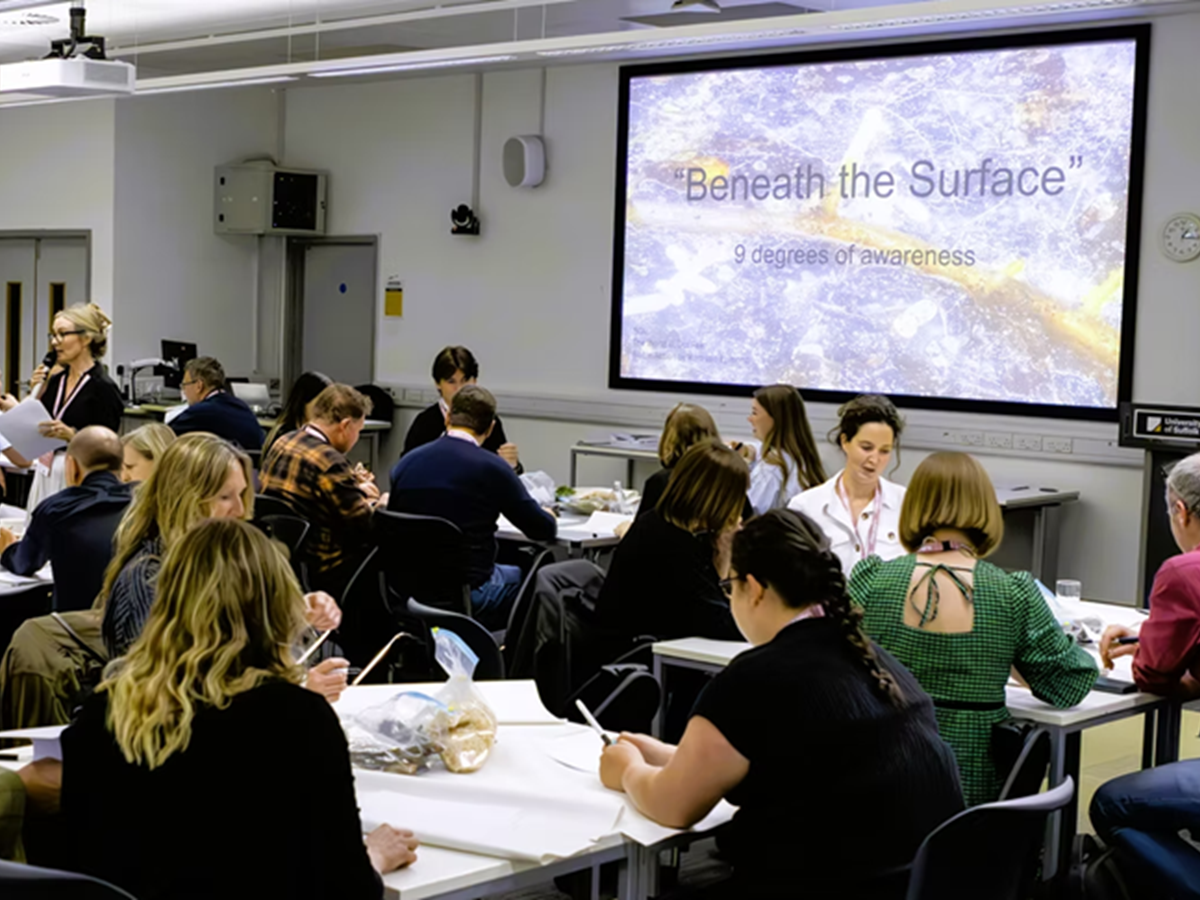
Katie enjoyed taking part in Paulette’s workshop on local identity and heritage
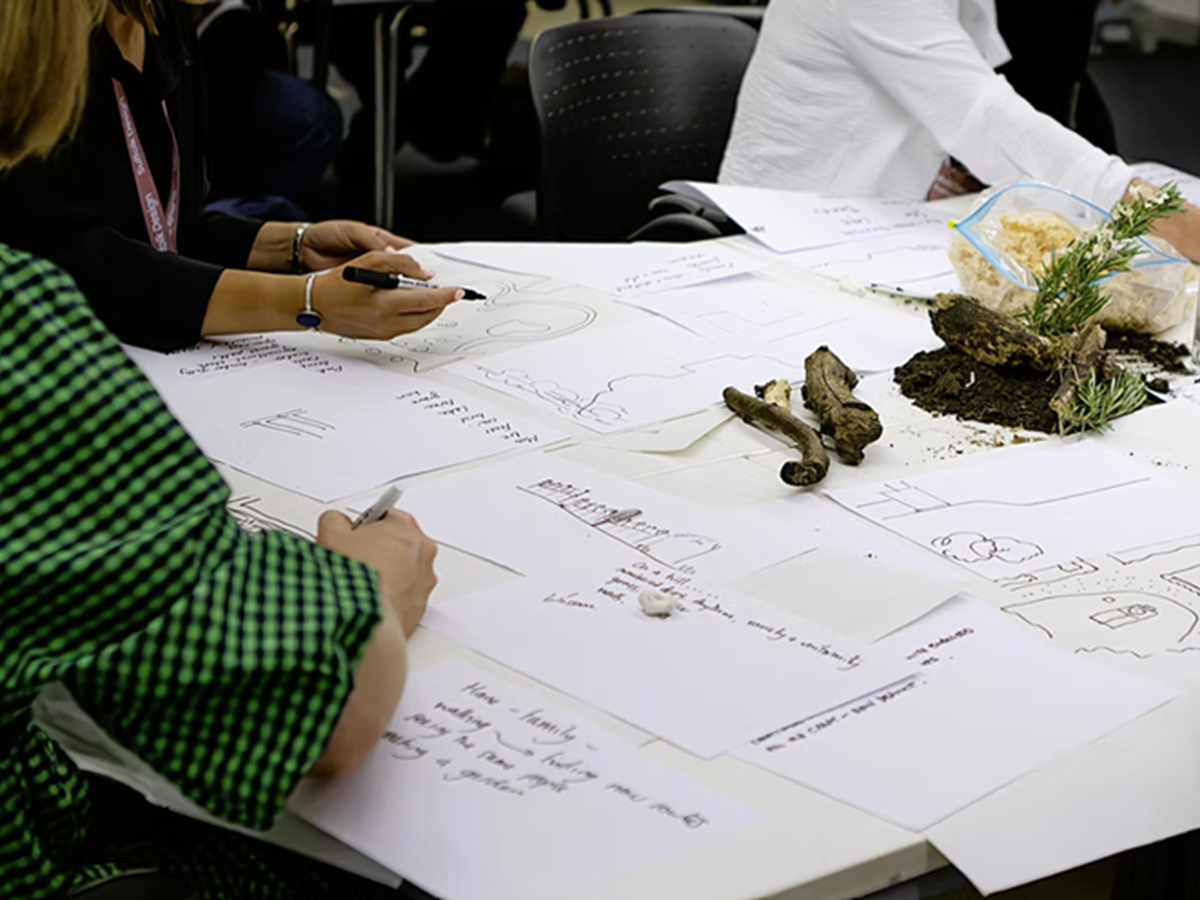
Paulette took attendees through a series of exercises connecting senses to place
After the workshops, attendees were brought back together for a collaborative session led by Chris King, Ben Woolnough and Hana Loftus where the outcomes of the workshops were discussed, alongside the challenges people face. This session found people discussing the importance of collaboration and local planning authorities leading the way on design expectations. The role that design review panels can play in challenging design was also a point of discussion. Attendees also completed a survey on Slido, the results of which have been published on the Suffolk Design website.
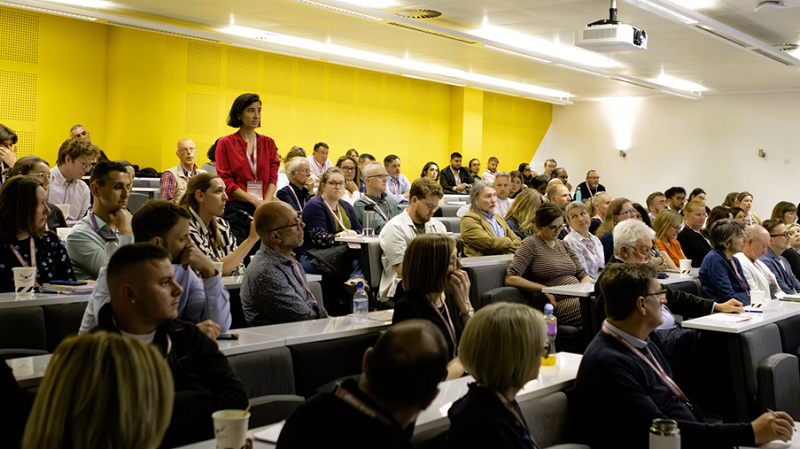
Attendees met to discuss the outcomes of the workshops
The Suffolk Design Festival outlined the importance of intentional, collaborative efforts in creating quality places. For planners, this means advocating for design literacy, leading the way in asking for more and engaging communities early in the process. By embracing these principles, planners can contribute to the creation of places that are meaningful and enduring. As the festival demonstrated, good design is not inevitable—it is a choice. By making that choice, planners can help shape a future where quality placemaking is the standard, not the exception.
Keep an eye out for what’s to come and subscribe to receive updates at www.suffolkdesign.uk
